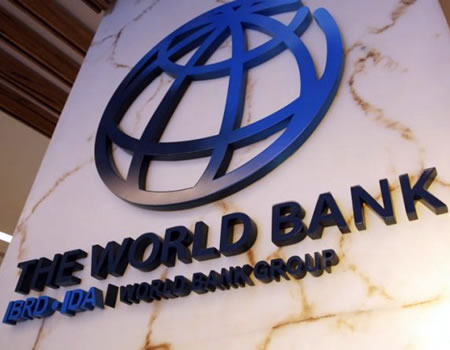The US $155 million package consists of an International Development Association (IDA) scale-up credit of $130 million to BOAD. This is the first IDA SUF credit to a regional organisation. There is also a US $25 million regional IDA grant to the WAEMU.
According to data, 110 million people currently live in the WAEMU region. Furthermore, an additional 100 million will be born over the next 20 years. Most of these will be urban dwellers, as the area is experiencing rapid urbanisation.
Benin Republic, Burkina, Cote d’Ivoire, Guinea-Bissau, Mali, Niger, Senegal, and Togo, all make up the WAEMU region.
This trend, according to the financiers, is aggravating a large housing deficit as 800,000 new housing units are needed every year to address the shortage.
On the other hand, WAEMU banks only issue about 15,000 new mortgages per year. These amounts only to a tiny fraction of the estimated needs.
The agreement, through expansion of access to long-term housing finance for households with modest and irregular incomes serves as a workable solution. It is also expected to create job opportunities.
According to World Bank Country Director for West Africa, Regional Operations, Rachid Benmessaoud estimates that one dollar of IDA will leverage about 5 dollars of private finance overall. BOAD to CRRH-UEMOA will extend long-term loans to banks and microfinance companies. This, in turn, will allow the institutions to extend the term of their loans to households with moderate and irregular incomes.
IDA funding into CRRH-UEMOA will facilitate about 50,000 new mortgages. It will also leverage much greater amounts of investment into affordable housing through the bond-raising activity of CRRH-UEMOA. In addition, the project will provide technical assistance to develop the enabling environment to support the construction of cheaper housing.
WATCH TOP VIDEOS FROM NIGERIAN TRIBUNE TV
- Let’s Talk About SELF-AWARENESS
- Is Your Confidence Mistaken for Pride? Let’s talk about it
- Is Etiquette About Perfection…Or Just Not Being Rude?
- Top Psychologist Reveal 3 Signs You’re Struggling With Imposter Syndrome
- Do You Pick Up Work-Related Calls at Midnight or Never? Let’s Talk About Boundaries






